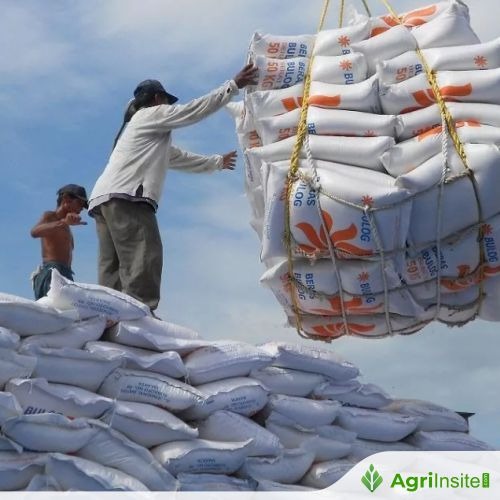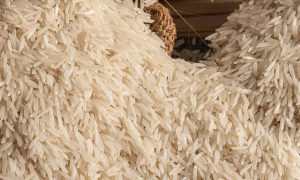Bangladesh’s duty-free rice import prompts 14% surge in Indian prices

Rice prices in India surged up to 14% within two days after Bangladesh scrapped a 20% import duty, enabling duty-free imports of 500,000 tonnes. Traders rushed shipments via the Petrapole-Benapole border, pushing Swarna, Miniket, Ratna, and Sona Masoori prices higher. Bangladeshi officials expect the move to stabilize domestic prices soon.
Rice prices in India have risen by as much as 14% in two days after Bangladesh removed a 20% import duty on the staple, prompting traders across the border to rush shipments.
Dhaka announced on Wednesday it would allow duty-free imports of 500,000 tonnes of rice in a move aimed at stabilising domestic prices, which have risen about 16% in the current financial year. Bangladesh imported 1.3 million tonnes last year to meet demand, reports the Times of India.
Officials said the measure was intended to ease pressure on consumers struggling with food inflation. Importers added that cargoes were already being booked through the Petrapole-Benapole land port, the busiest gateway between the two countries.
Keep updated, follow The Business Standard’s Google news channel
“Logistically and cost-wise it is more competitive to export rice through the Petrapole-Benapole border,” said Suraj Agarwal, CEO of RiceVilla, noting that trucks began moving into Bangladesh the same night the announcement was made.
Prices rise in India
Reports in Indian media showed retail prices climbing sharply. The Swarna variety increased from Rs 34 to Rs 39 per kg, Miniket from Rs 49 to Rs 55, Ratna from Rs 36–37 to Rs 41–42, and Sona Masoori from Rs 52 to Rs 56.
Indian traders said they had advance information about Bangladesh’s plans to waive the duty and began stockpiling rice near the border ahead of the decision, says the Times of India.
Despite the sudden surge in exports, Indian supplies remain adequate, millers said. CK Rao, a rice miller from Andhra Pradesh, confirmed his trucks left for Bangladesh on Thursday morning.
Market impact
Bangladeshi officials expect the move will help cool domestic rice prices in the weeks ahead.
Keshab Kumar Halder of Halder Venture Limited told Indian media that while global rice prices had dipped due to surplus supply, the Bangladeshi orders would “help the Indian market recover from the recent downturn by creating demand and partially offsetting the global price dip.”
For Dhaka, the focus remains on ensuring adequate supply during the lean season and keeping rice affordable for consumers.
To Read more about Rice News continue reading Agriinsite.com
Source : The Business Standard
















